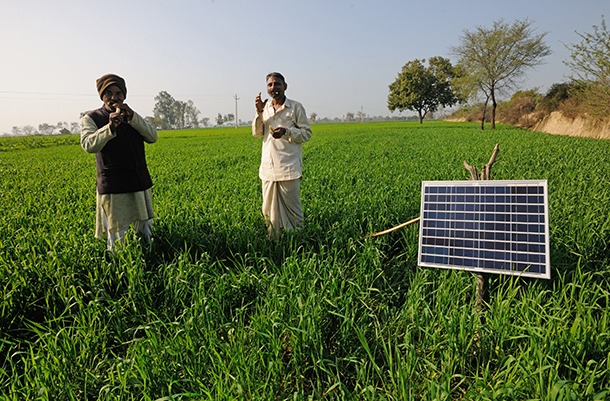India is making bold strides in its green energy transition, positioning itself as a global leader in renewable energy, particularly in solar and wind power. With ambitious goals to achieve 500 GW of non-fossil fuel capacity by 2030, India is harnessing its vast solar potential and expanding wind energy infrastructure to reduce its carbon footprint. This transition is a crucial component of India’s commitment to climate change mitigation, especially ahead of the COP28 summit where the country’s progress will be under the global spotlight. India’s renewable energy strategy is driven by a need to balance economic growth with environmental sustainability. As one of the world’s fastest-growing economies, energy demand is surging, and transitioning to green energy is seen as vital for ensuring long-term economic stability while reducing dependence on fossil fuels. The government has launched several initiatives, such as the National Solar Mission and the Green Hydrogen Mission, to accelerate this shift. However, challenges remain. India’s reliance on coal still accounts for a significant portion of its energy mix, raising concerns about the pace of its green energy transition. Moreover, the expansion of renewable infrastructure requires substantial investment, technological advancements, and policy support to overcome hurdles like energy storage and grid integration.
Despite these challenges, India’s efforts are gaining international recognition. The country is now the third-largest producer of renewable energy, and its solar capacity has grown dramatically in the past decade. As India continues to scale up its green energy initiatives, it stands as a key player in the global fight against climate change, setting an example for other developing nations striving for a sustainable future.
Author: Ms. Hiya Sharma, student Geneva School of Diplomacy and International Relations
Disclaimer – The views and opinions expressed in the commentaries/blogs/articles are those of the authors and do not necessarily reflect the official policy or position of the Forum for Global Studies.

